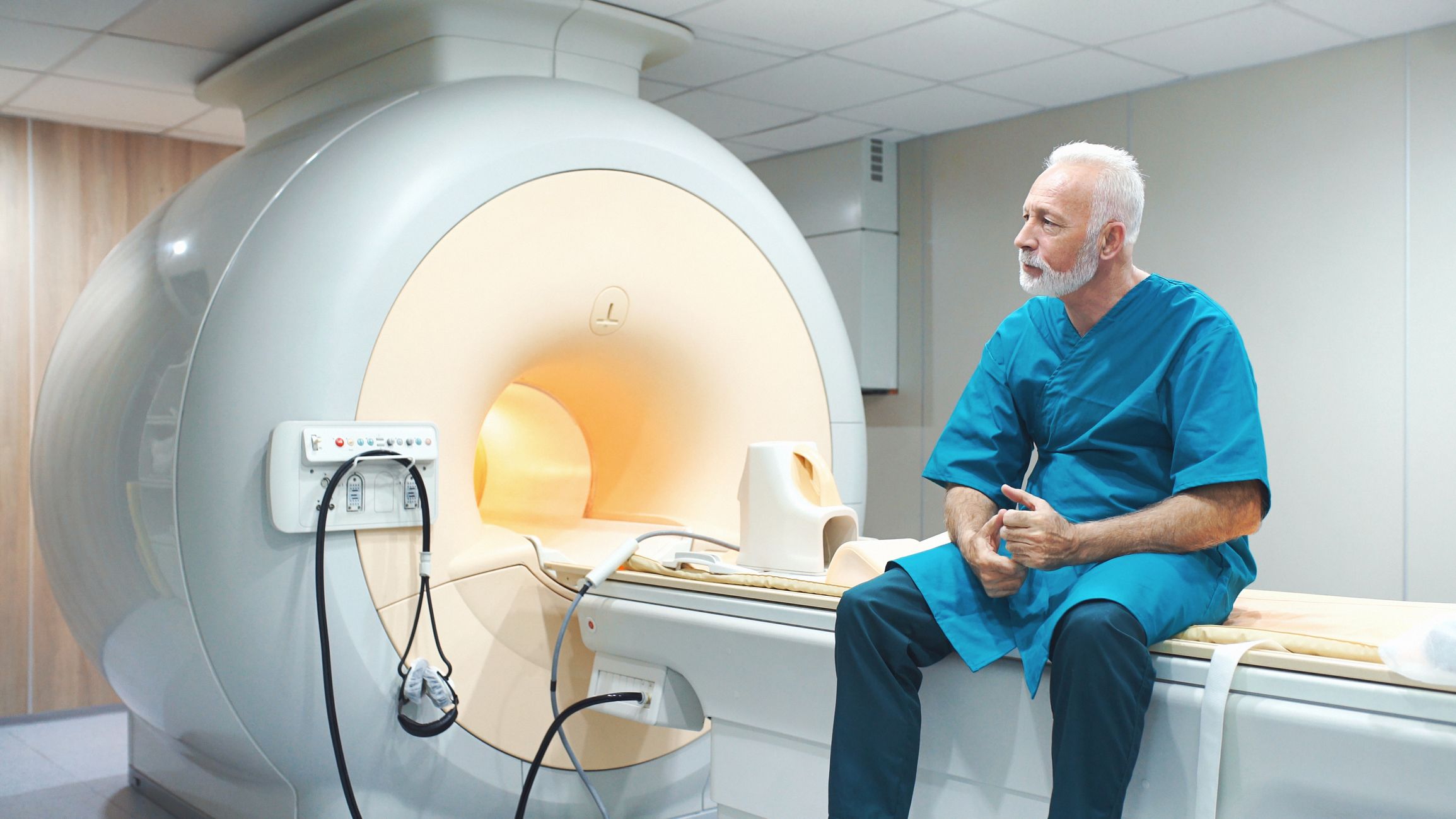One strategy in treating cancer is to deprive a cancer of the things it needs to fuel its growth and spread. This approach is often used in the treatment of prostate cancer, cancer that begins in the prostate gland.
Like all other forms of cancers, prostate cancer is the uncontrolled growth and spread of abnormal cells. Nearly all prostate cancers are adenocarcinomas, cancers that begin when the cells of a gland become damaged or mutated and form cancer cells. (There are other types of prostate cancers that are not adenocarcinomas, but these are rare).
The prostate is part of the male reproductive system, and like other parts of the male reproductive system, it’s development and health are closely tied to the hormone testosterone. Testosterone is the major male sex hormone that is produced in large amounts by the testes, and in much smaller amounts by the adrenal glands (other hormone-producing glands located at the top of the kidneys).
Prostate cancer cells also use testosterone to fuel their growth—and in some cases, depleting the body of testosterone can stop the growth and spread of prostate cancer, and cause tumors to shrink. Prostate cancer that responds to this treatment approach is known as castration-sensitive prostate cancer (CSPC). Here are four things to know.
Does CSPC have other names?
CSPC is also known by several other names, which you may encounter in patient education materials or other resources. These include:
- Androgen-dependent prostate cancer
- Androgen-sensitive prostate cancer
- Hormone-sensitive prostate cancer (HSPC)
Androgen means “sex hormone,” and in this case is referring to testosterone.
How do you know if prostate cancer is castration-sensitive?
Treating prostate cancer often involves androgen deprivation therapy (ADT). In most cases, this involves taking drugs that shut down the production of testosterone in the testes. Less commonly, ADT involves the surgical removal of the testicles.
If the cancer responds to ADT, it can be classified as CSPS. If it does not respond, it’s classified as castration-resistant prostate cancer (CRPC). During and after treatment, your healthcare team will schedule follow-up exams to determine how the cancer is responding to treatment, including blood tests that measure PSA (prostate-specific antigen). There are no reliable tests to predict how prostate cancer will respond to ADT prior to treatment.
Can prostate cancer become castration-resistant over time?
It’s common for prostate cancer to respond well to ADT during the initial treatment but become resistant over time or if the cancer recurs. Prostate cancer has a high rate of recurrence—which is one of many reasons why it’s important to continue with follow-up care and exams, even when you respond well to treatment.
What happens if prostate cancer progresses or recurs?
If prostate cancer progressed despite ADT, or if it becomes resistant to ADT, your healthcare provider will recommend changing your approach to treatment. This may include switching to or adding on a different type of ADT medication that works in a different way than the medication you are already taking. Or it may involve using other systemic therapies, such as chemotherapy or immunotherapy.
As always, the best choice of treatment will vary from one person to the next, and your best source of information about your diagnosis and your treatment options will be your healthcare providers.






